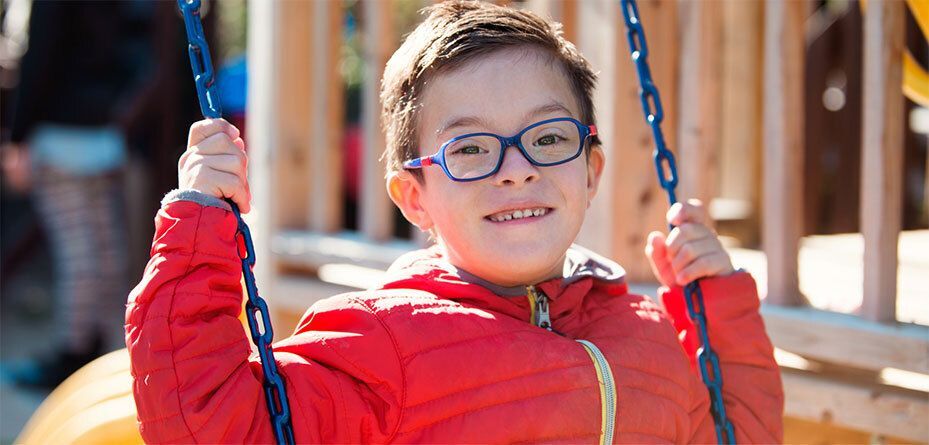The National Down Syndrome Society's Preferred Language Guide
Use this language when referring to Down syndrome and people who have Down syndrome:
- People with Down syndrome should always be referred to as people first.
- Instead of “a Down syndrome child,” it should be “a child with Down syndrome.” Also avoid “Down’s child” and describing the condition as “Down’s,” as in, “He has Down’s.”
- Down syndrome is a condition or a syndrome, not a disease.
- People “have” Down syndrome, they do not “suffer from” it and are not “afflicted by” it.
- “Typically developing” or “typical” is preferred over “normal.”
- “Intellectual disability” or “cognitive disability” has replaced “mental retardation” as the appropriate term.
- NDSS strongly condemns the use of the word “retarded” in any derogatory context. Using this word is hurtful and suggests that people with disabilities are not competent.
Down vs. Down’s
- NDSS uses the preferred spelling, Down syndrome, rather than Down’s syndrome.
- Down syndrome is named for the English physician John Langdon Down, who characterized the condition, but did not have it. An “apostrophe s” connotes ownership or possession.
- While Down syndrome is listed in many dictionaries with both popular spellings (with or without an apostrophe s), the preferred usage in the United States is Down syndrome. The AP Stylebook recommends using “Down syndrome,” as well.
A downloadable version of the Preferred Language Guide from the National Down Syndrome Society is available to print and distribute as needed.
We Want To Meet Your Family!
We offer a variety of programs to meet your needs. To learn more about each of our program offerings, check out our program offerings page.





